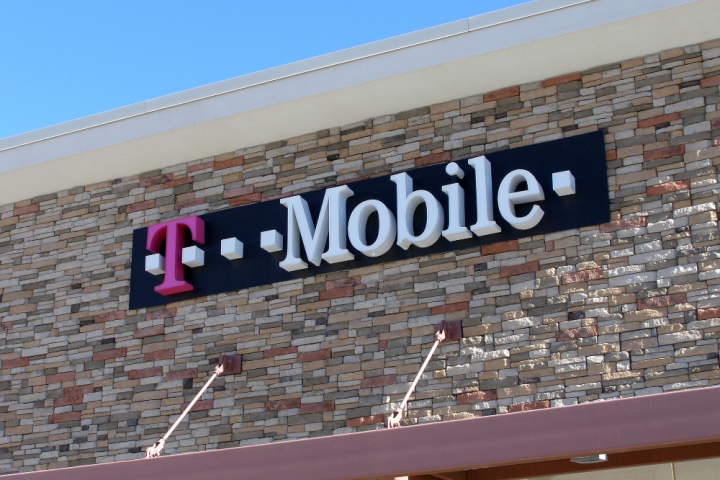
All of the major carriers’ advertised “unlimited” data plans aren’t truly unlimited — the caps implemented usually fall somewhere between 20 and 30GB. Verizon and AT&T begin throttling customers at 22GB, while Sprint starts at 23GB, and selectively slows certain types of content differently. Many wireless providers argue that enforcing such limits is necessary to deter users from abusing the plans, or using them as a full-stop replacement for residential internet, which in most cases is slower than what customers can achieve via LTE and a smartphone.
T-Mobile said subscribers that do go over the 30GB soft cap will only experience throttling and speed differences during rare congestion periods and “places of high demand.”
Unlimited data has undergone something of a resurgence since Verizon announced it was reintroducing its plan in February, forcing AT&T to follow suit and T-Mobile to improve its pre-existing One plan. Initially, One reduced the quality of all streaming video to 480p and restricted tethered data to 3G speed. Last month, the carrier did away with these caveats to stay competitive.
With the latest news, T-Mobile has driven up its high-speed data advantage to 8GB more than what is being offered by Verizon and AT&T, the two mobile giants the carrier is desperately trying to chase down. Its tactics may be working, too, if recent data is any indication. T-Mobile reported it added 1.2 million postpaid customers during the fourth quarter of last year. Verizon, comparatively, fell short of expectations, pulling in less than half that amount, at 591,000 subscribers, according to market research firm FactSet Street Account by way of Reuters.
Although the vast majority will likely never use anywhere near 30GB in a month, T-Mobile’s changes are a show of goodwill toward its customers that may make all the difference in the cutthroat competitive arena that is the wireless industry. And if these past few weeks have taught us anything, you can expect the company’s competitors to take notice.
Editors' Recommendations
- T-Mobile just set another 5G speed record
- T-Mobile’s newest plans are exciting for new (and old) customers
- T-Mobile suffers massive data breach … again
- T-Mobile adding a free year of Apple TV+ to its most expensive plans
- AT&T just made its FirstNet plans a lot more helpful for first responders


